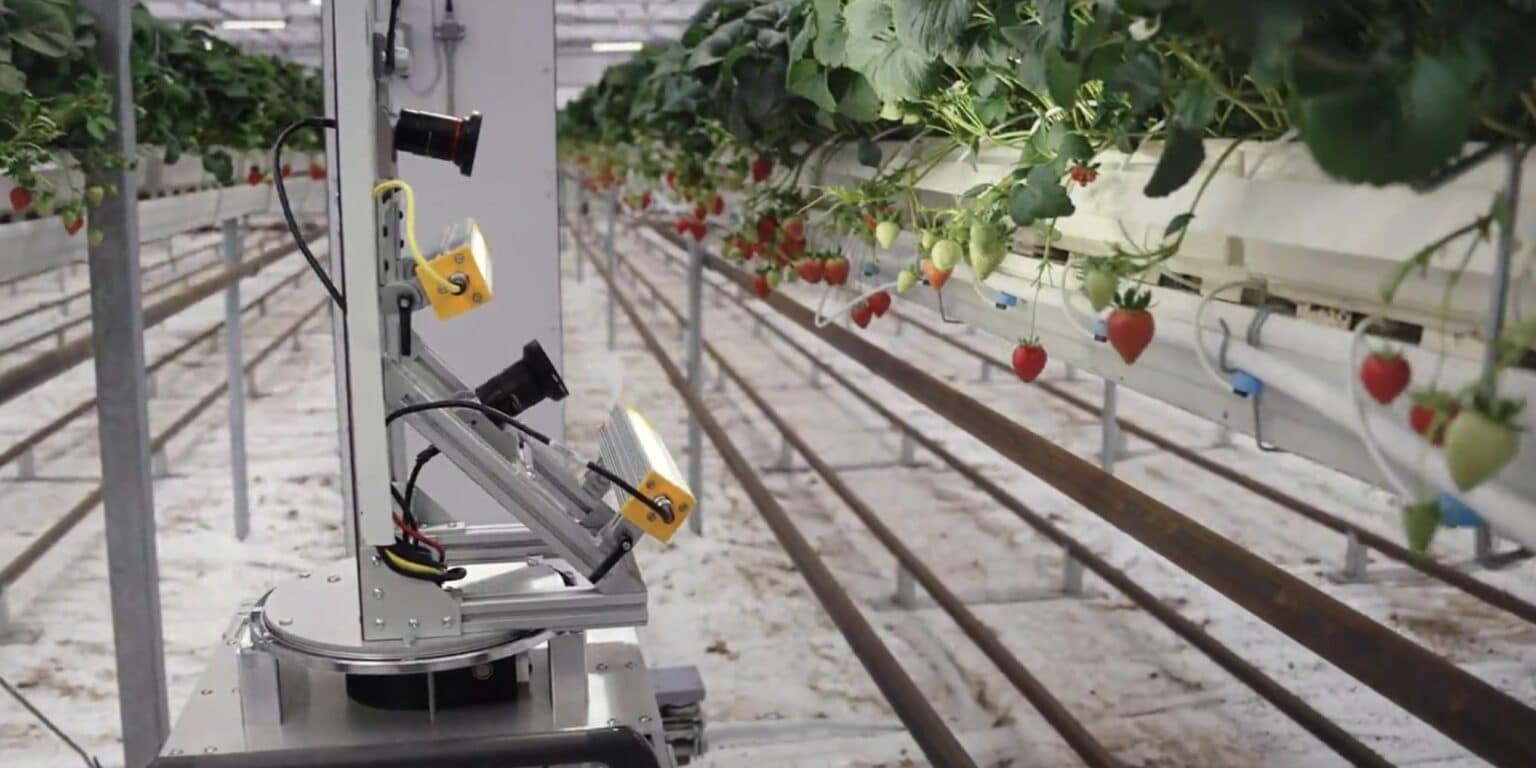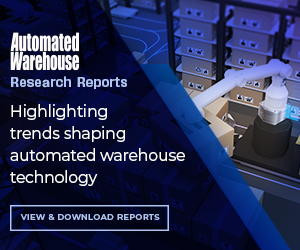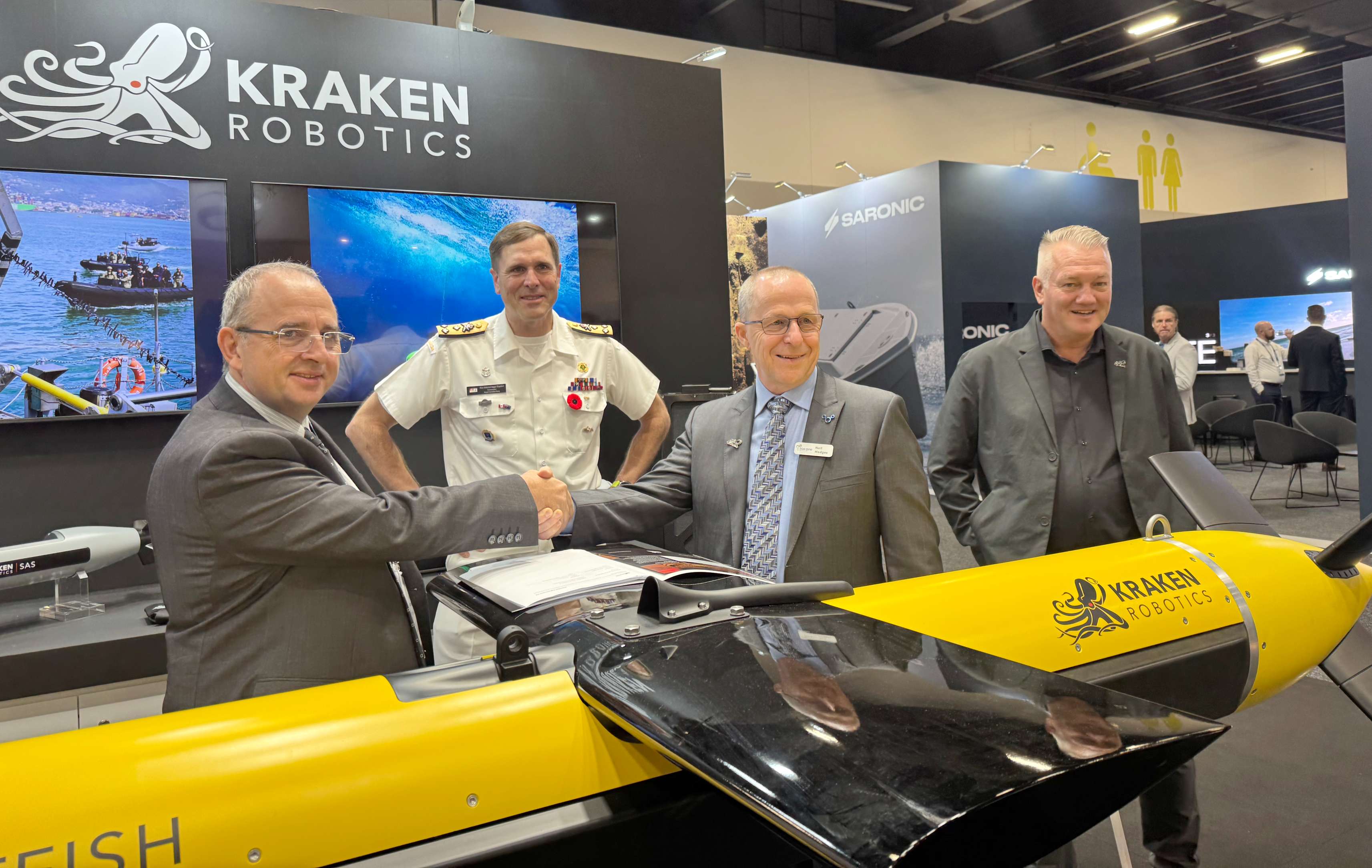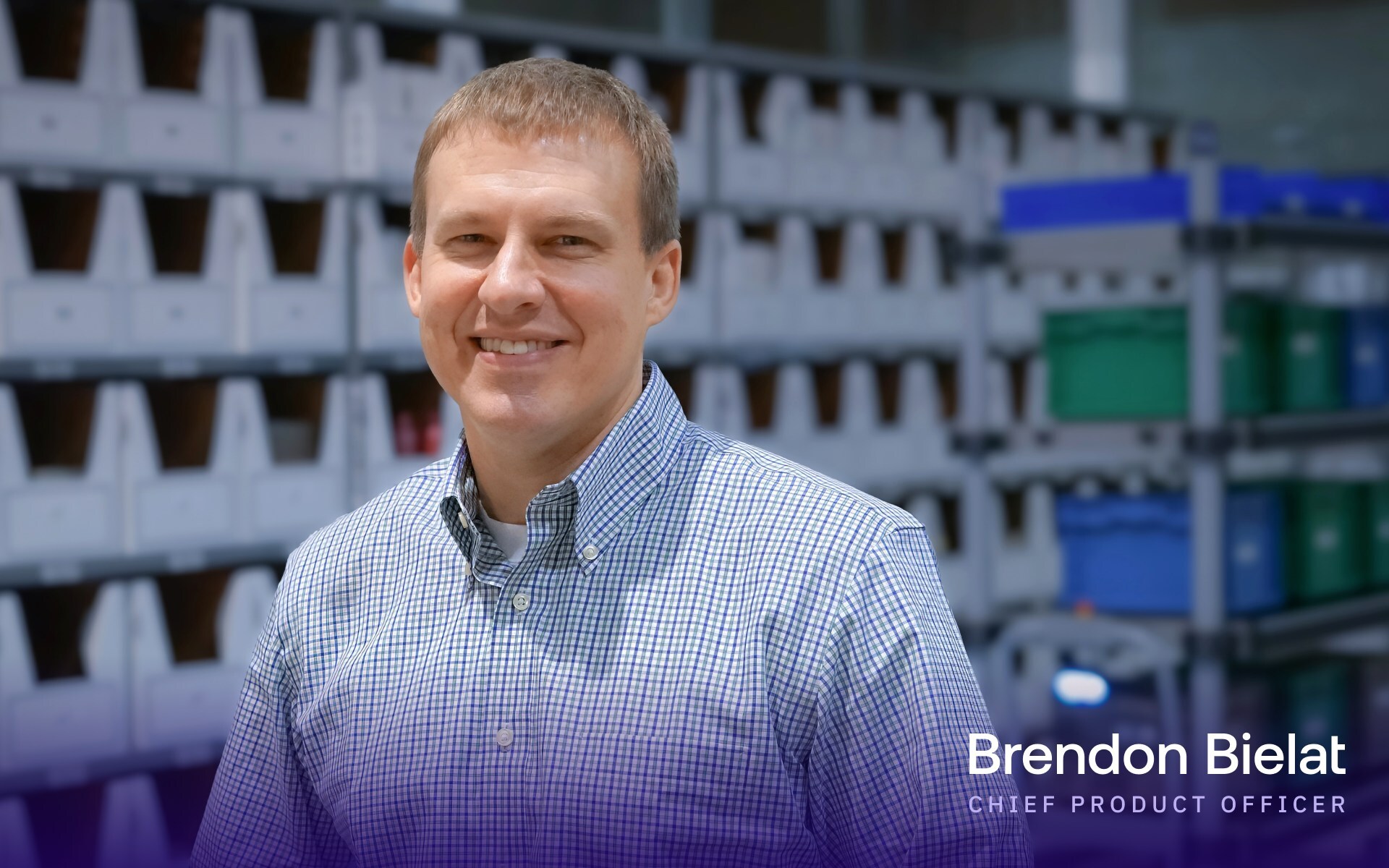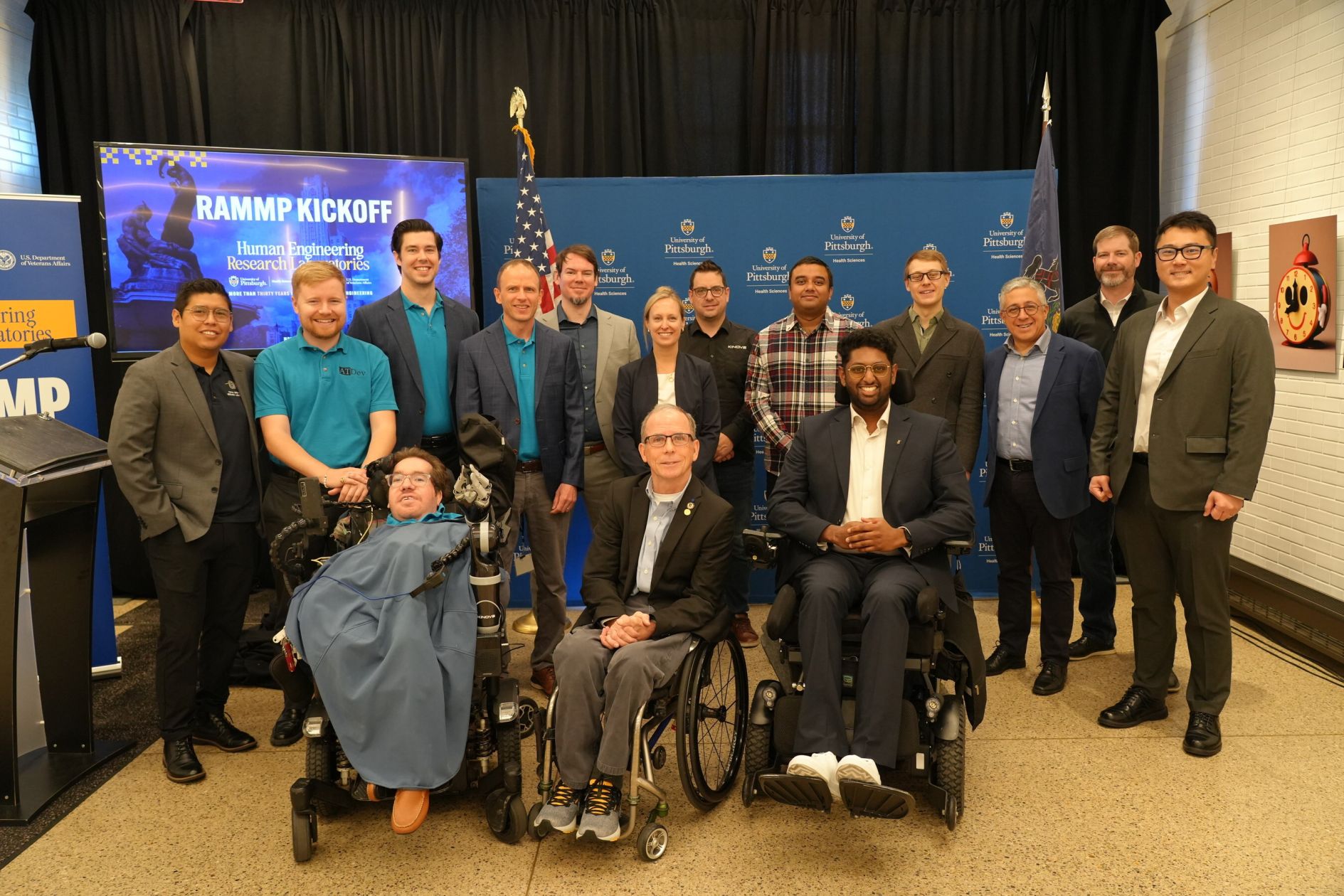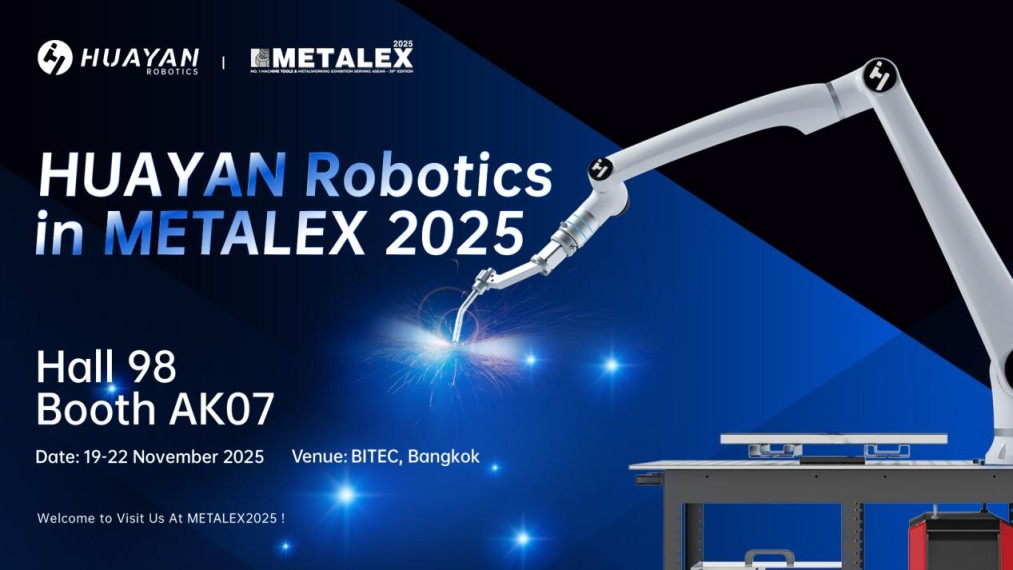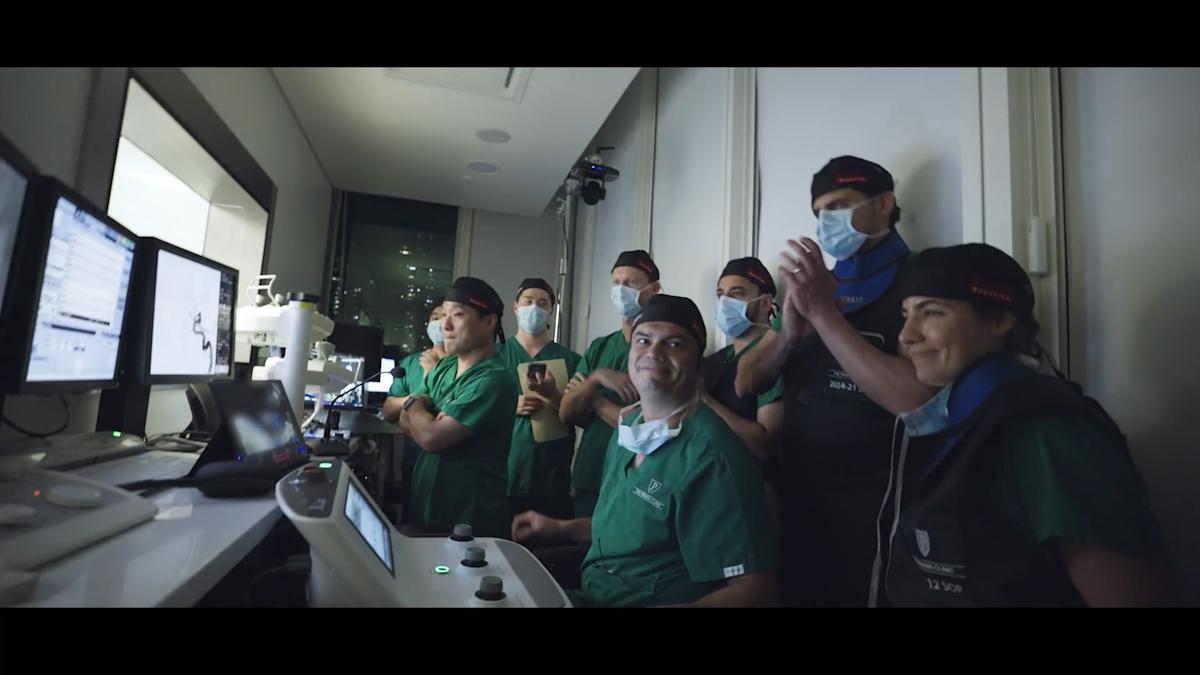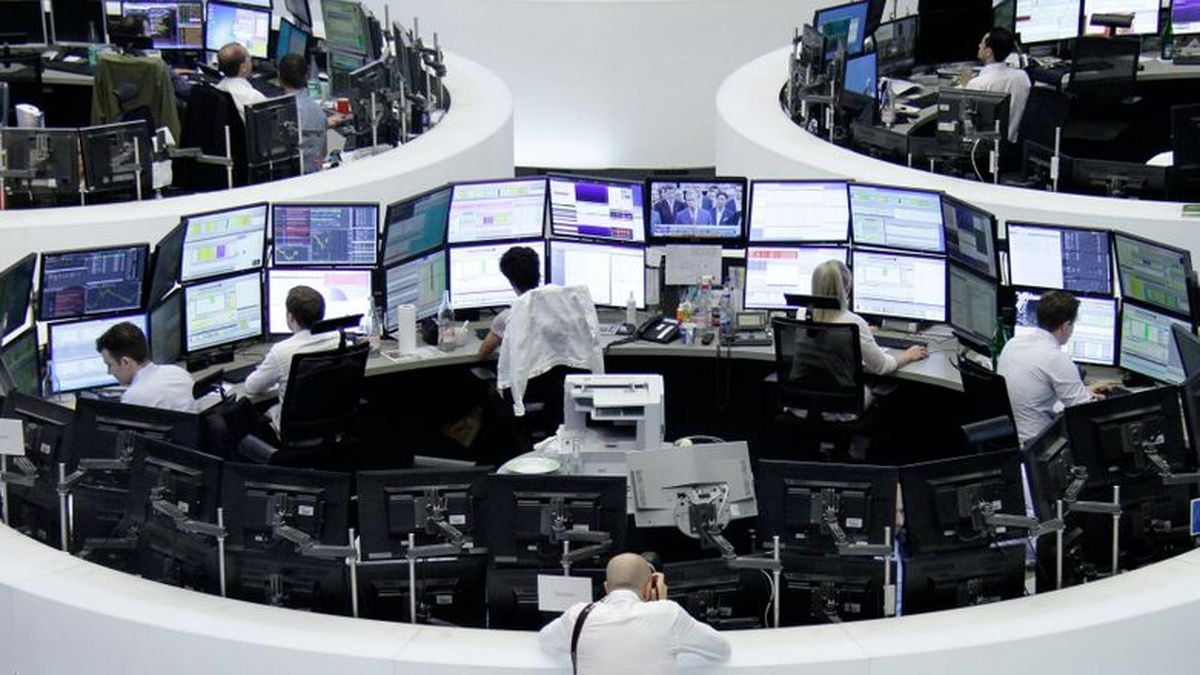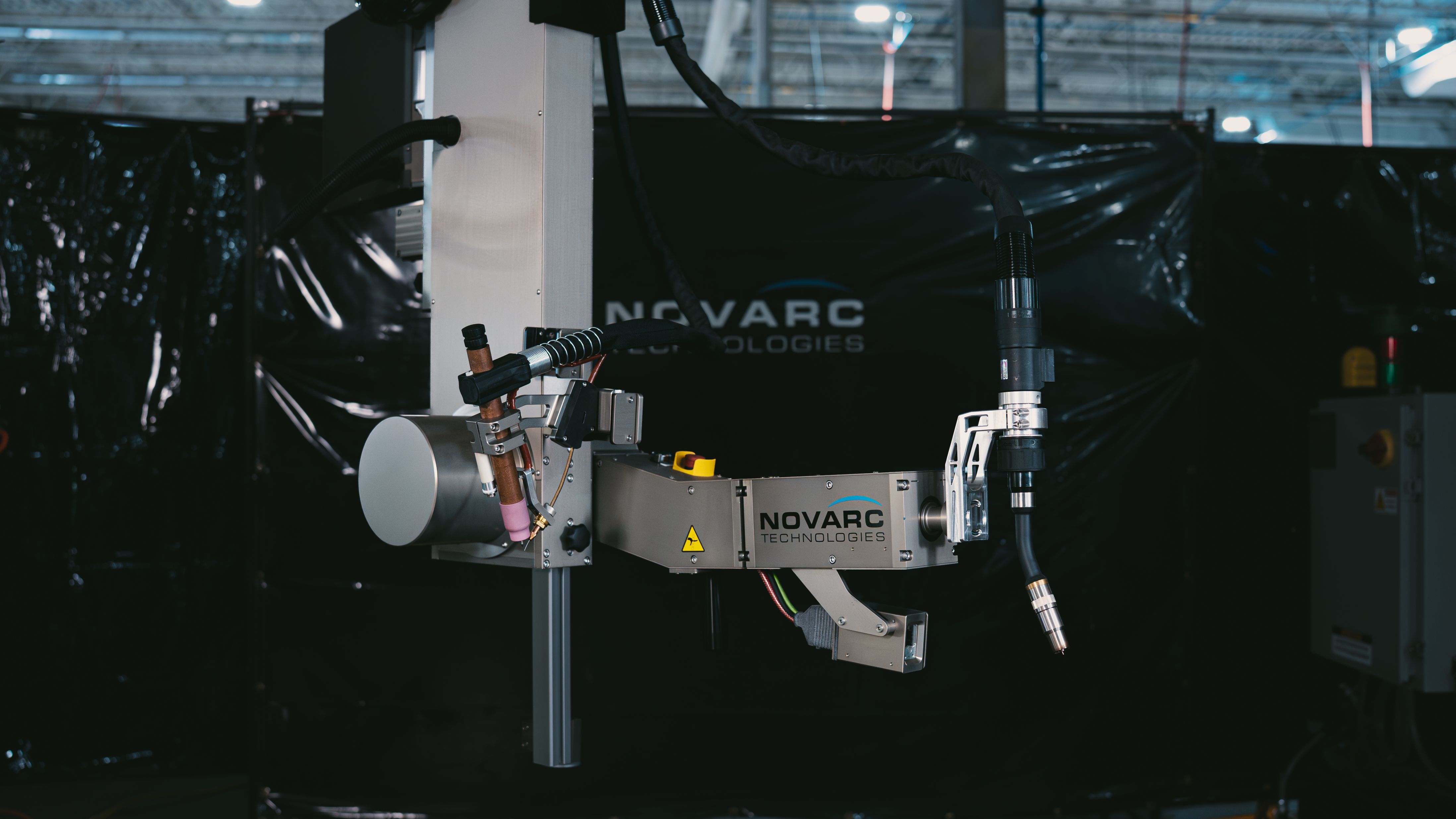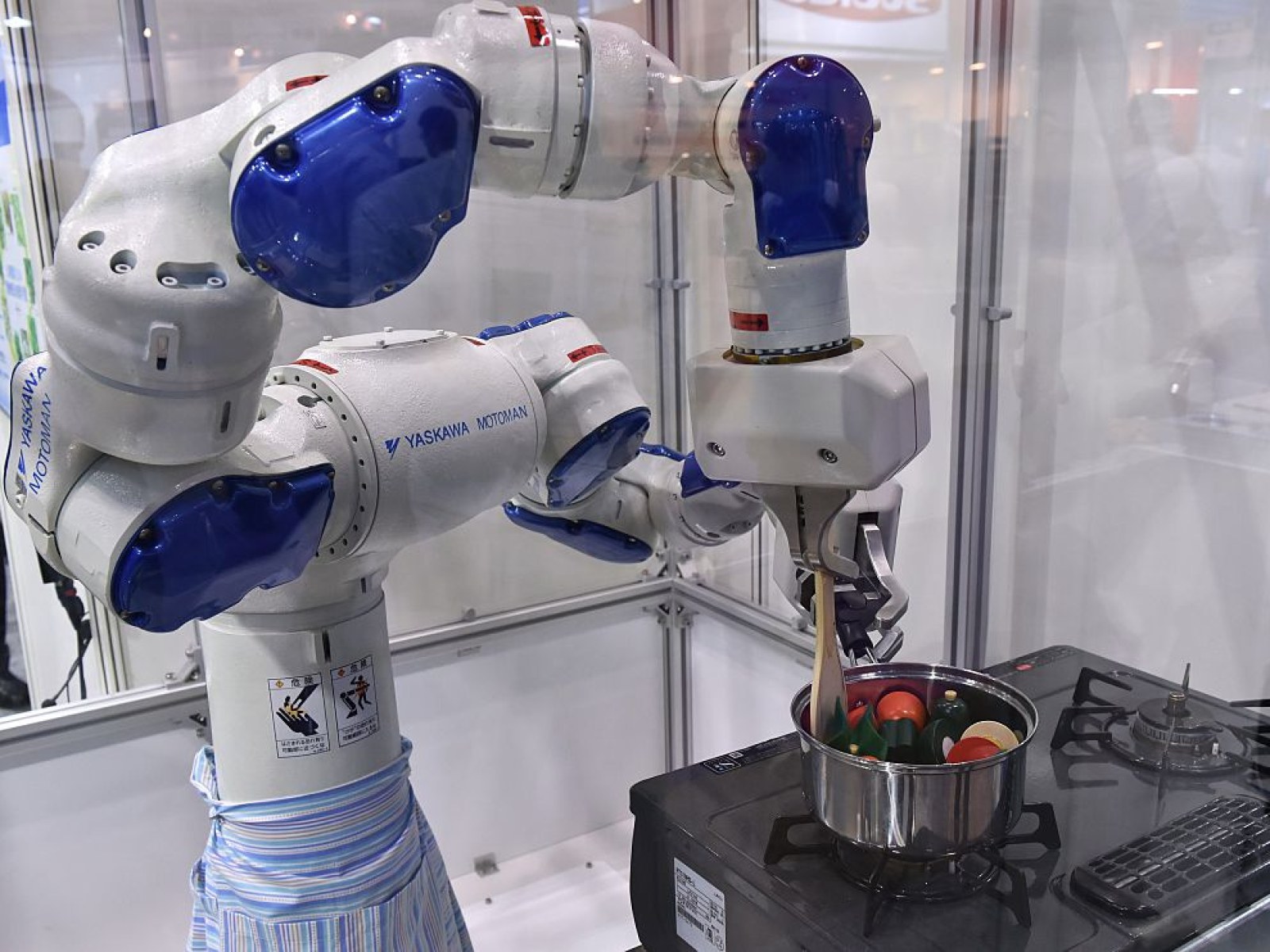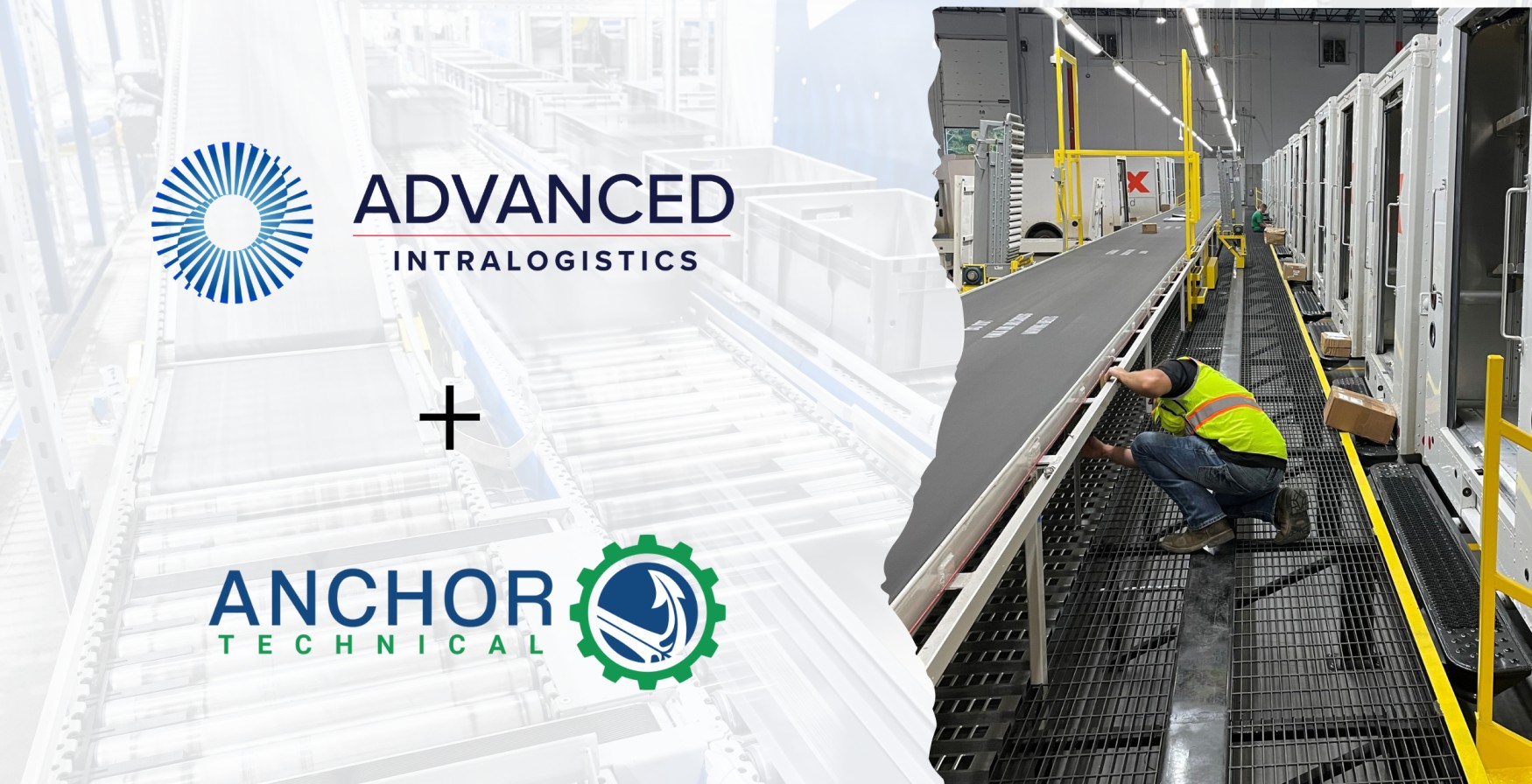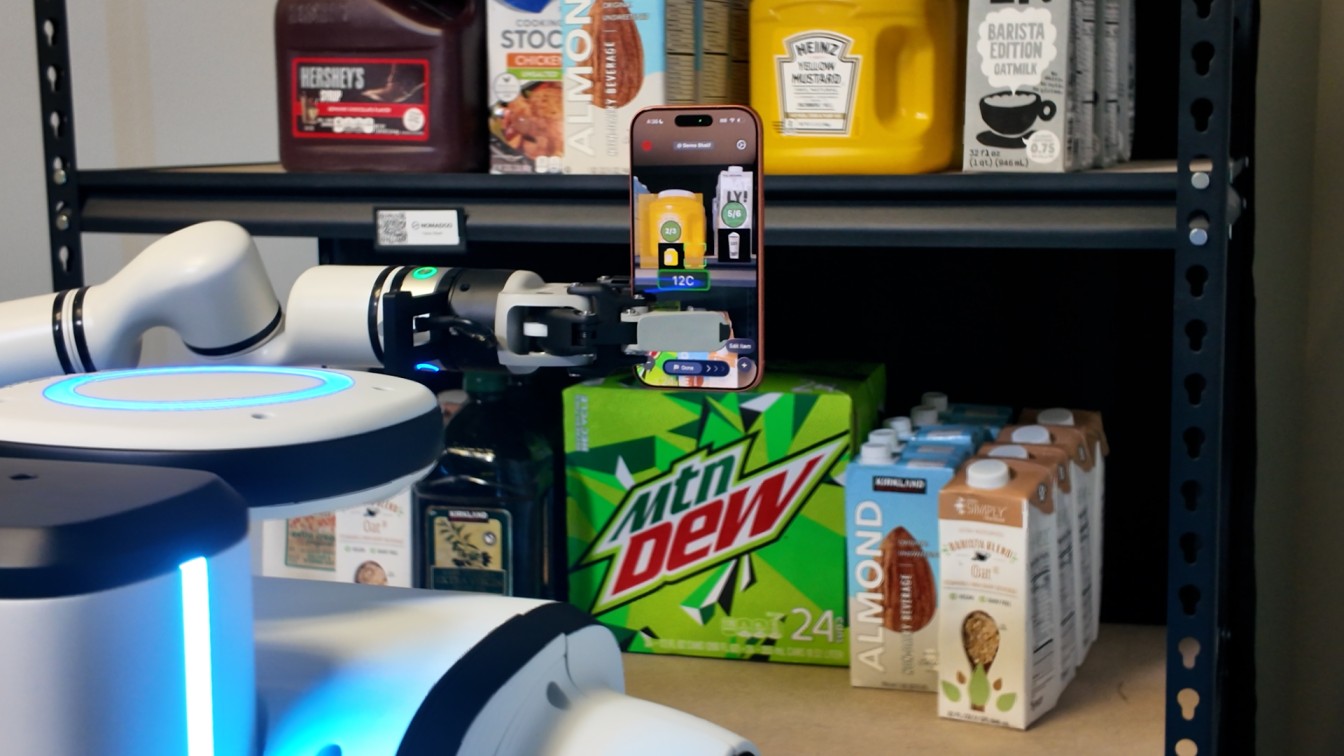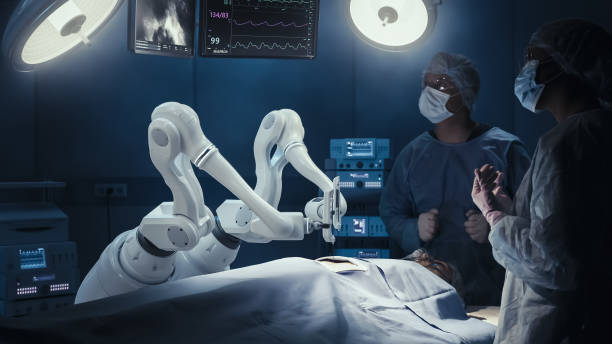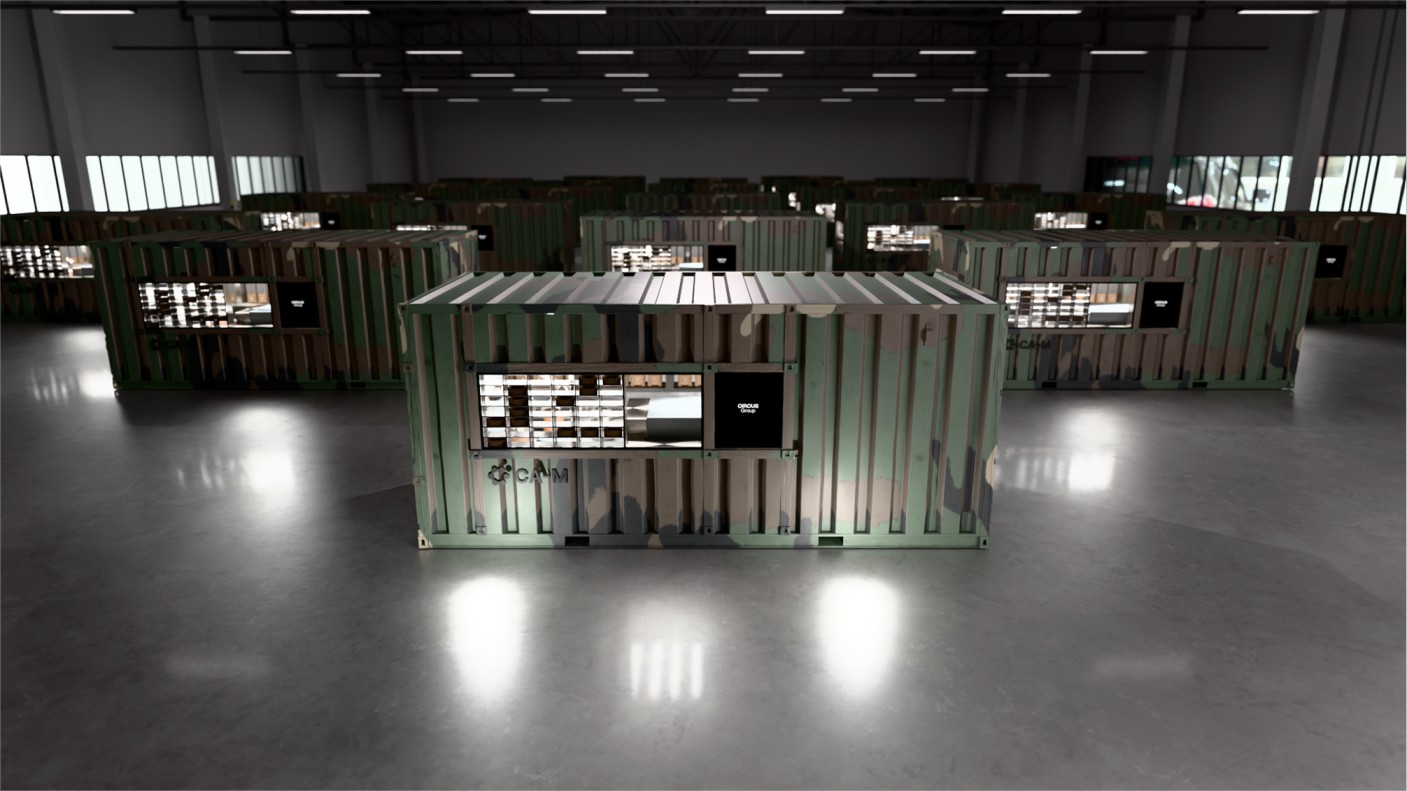Zordi: Revolutionizing Farming with Robotics, AI, and Sustainable Practices
From autonomous greenhouses to delicate harvesting robots, Gilwoo Lee’s Zordi is transforming agriculture with NVIDIA-powered AI solutions and a vision for sustainable global farming.
Image Courtesy: Public Domain
With startup Zordi, founder Gilwoo Lee’s enthusiasm for robotics, healthy eating, better produce and sustainable farming has taken root.
Lee hadn’t even finished her Ph.D. in AI and robotics at the University of Washington when investors seeded her ambitious plans for autonomous agriculture. Since researcher-turned-entrepreneur Lee founded Zordi in 2020 with Casey Call, formerly head grower at vertical farming startup Plenty, the robotic grower of strawberries has landed its fruits in Wegmans and is now expanding with partner farms in New Jersey and California.
“The most rewarding part is that the fruits you get taste amazing,” said Lee. “You’re able to consistently do that throughout the cycle of the plant because you are constantly optimizing.”
The company has two types of robots within its hydroponic operations. One is a scouting robot for gathering information on the health of plants using foundational models. The other is a harvesting robot for delicately picking and placing fruits and handling other tasks.
Zordi, whose engineering team is based outside Boston, has farms in southern New Jersey and western New York. The company uses NVIDIA GPUs in the cloud and on desktops for training everything from crop health models to those for fruit picking and assessing fruit quality.
Lee aims to deploy autonomous greenhouse systems globally to support regional markets, cutting down on the carbon footprint for transportation as well as providing fresher, better-tasting fruits grown more sustainably.
Having operated greenhouses in New York and New Jersey for two years, the company recently formed partnerships with greenhouse farms in New Jersey and California to meet growing demand.
Zordi is bringing NVIDIA accelerated AI automation to indoor growing that in many ways is parallel to developments in manufacturing and fulfillment operations.
Adopting Jetson for Sustainable Farming, Energy Efficiency
Zordi is building AI models and robots to enable sustainable farming at scale. It uses NVIDIA Jetson AGX Orin modules for testing out gathering sensor data and running its models to recognize the health of plants, flowers and fruits, early pest and disease symptoms, and the needs for hydration and nutrition, as well as light and temperature management.
Jetson’s energy efficiency and the availability of low-cost, high performance cameras from NVIDIA partners are attractive attributes for Zordi, said Lee. The company runs several cameras on each of its robots to collect data.
“Jetson opens up a lot of lower-cost cameras,” said Lee. “It lets us play with different cameras and gives us better battery management.”
With its scouting and harvesting robots, Zordi also aims to address a big issue farms worldwide complain about: a labor shortage that affects operations, leaving fruits and vegetables sometimes unattended and unharvested altogether.
Zordi is planning to scale up its growing operations to meet consumer demand. The company expects that it can do more with AI and robotic automation despite labor challenges.
“We want our harvesting robots to do more dexterous tasks, like pruning leaves, with the help of simulation,” said Lee.
Omniverse Isaac Sim and Digital Twins to Boost Operations
Zordi is looking at how to boost its indoor growing operations with AI much like industrial manufacturers do, using Isaac Sim in Omniverse for simulations and digital twins to optimize operations.
The company’s software platform for viewing all the data collected from its robots’ sensors provides a live dashboard with a spatial map. It offers a real-time view of every plant in its facilities so that it’s easy to monitor the production remotely.
What’s more, it analyzes plant health and makes optional crop care recommendations using foundational models so that inexperienced farm operators can manage farms like experts.
“We’re literally one step away from putting this all into Isaac Sim and Omniverse,” said Lee, whose Ph.D. dissertation covered reinforcement learning and sim-to-real.
Zordi is working on gripping simulations for strawberries as well as for cucumbers and tomatoes to expand into other categories.
“With strawberries or any other crops, if you can handle them delicately, then it helps with longer shelf life,” Lee said.
Lee is optimistic that the simulations in Isaac Sim will not only boost Zordi’s performance in harvest, but also let it do other manipulation tasks in other scenarios.
Big picture, Zordi aims to create a fully autonomous farming system that makes farming easy and profitable, with AI recommending sustainable crop-care decisions and robots doing the hard work.
“What’s really important for us is how do we automate this, and how do we have a thinking AI that is actually making decisions for the farm with a lot of automations,” said Lee.


